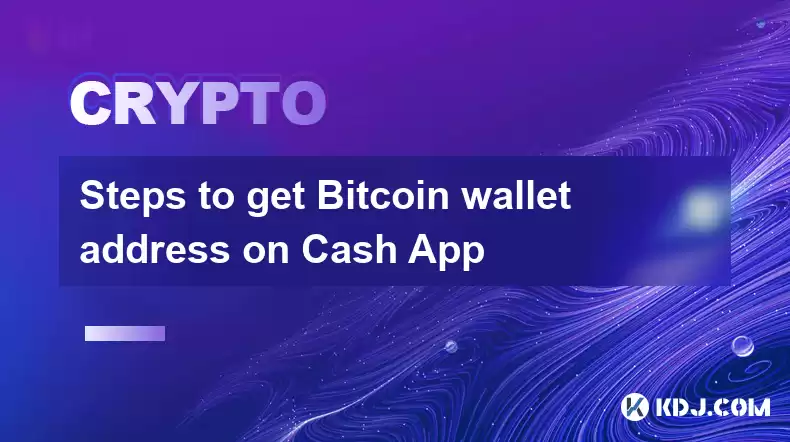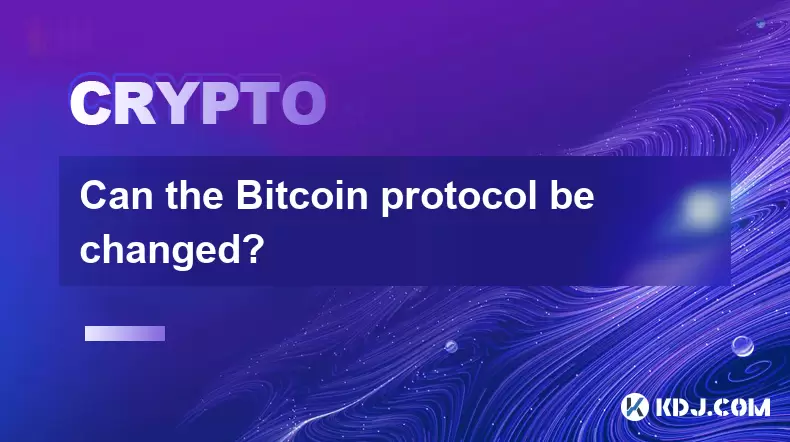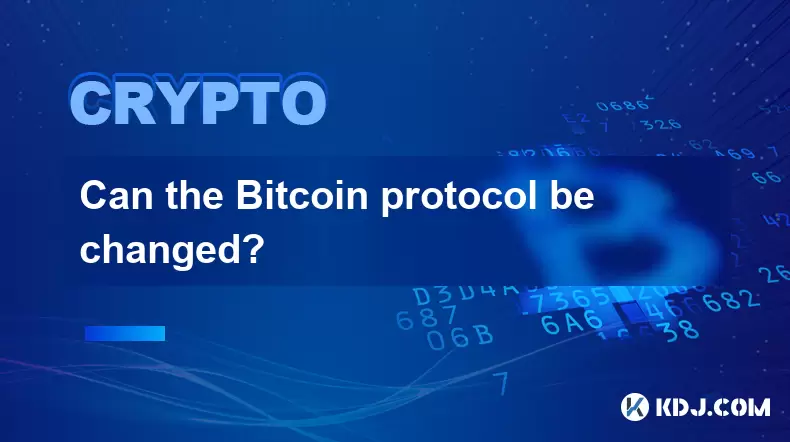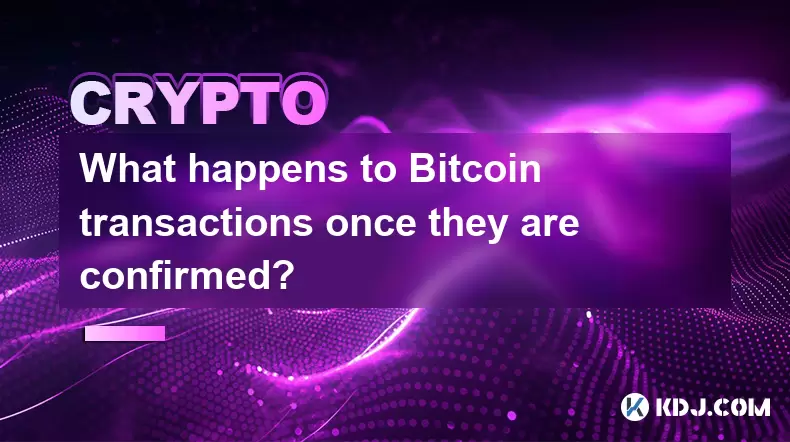-
 Bitcoin
Bitcoin $119000
-2.21% -
 Ethereum
Ethereum $4315
1.01% -
 XRP
XRP $3.151
-3.11% -
 Tether USDt
Tether USDt $0.0000
0.00% -
 BNB
BNB $808.5
-0.71% -
 Solana
Solana $175.8
-4.21% -
 USDC
USDC $0.9999
0.00% -
 Dogecoin
Dogecoin $0.2250
-3.92% -
 TRON
TRON $0.3469
1.77% -
 Cardano
Cardano $0.7818
-3.81% -
 Chainlink
Chainlink $21.47
-2.10% -
 Hyperliquid
Hyperliquid $43.30
-6.81% -
 Stellar
Stellar $0.4370
-2.84% -
 Sui
Sui $3.682
-4.40% -
 Bitcoin Cash
Bitcoin Cash $590.8
2.67% -
 Hedera
Hedera $0.2484
-5.20% -
 Ethena USDe
Ethena USDe $1.001
0.00% -
 Avalanche
Avalanche $23.10
-4.29% -
 Litecoin
Litecoin $119.2
-3.96% -
 Toncoin
Toncoin $3.409
0.90% -
 UNUS SED LEO
UNUS SED LEO $9.016
-1.29% -
 Shiba Inu
Shiba Inu $0.00001304
-3.82% -
 Uniswap
Uniswap $11.18
1.33% -
 Polkadot
Polkadot $3.913
-3.51% -
 Cronos
Cronos $0.1672
-3.08% -
 Dai
Dai $1.000
0.02% -
 Ethena
Ethena $0.7899
-4.70% -
 Bitget Token
Bitget Token $4.400
-1.23% -
 Pepe
Pepe $0.00001132
-5.93% -
 Monero
Monero $257.9
-6.44%
Steps to get Bitcoin wallet address on Cash App
To receive Bitcoin on Cash App, share your $cashtag; the app manages transactions internally, simplifying the process for users new to cryptocurrency.
Mar 29, 2025 at 11:49 pm

Steps to Get a Bitcoin Wallet Address on Cash App
Cash App, a popular peer-to-peer payment app, allows users to buy, sell, and hold Bitcoin. However, unlike dedicated cryptocurrency wallets, it doesn't directly display a Bitcoin wallet address in the traditional sense. Instead, it uses a system that manages Bitcoin transactions internally. Understanding how this works is crucial to receiving Bitcoin payments.
Understanding Cash App's Bitcoin Handling
Cash App doesn't provide you with a string of alphanumeric characters like a typical Bitcoin wallet address (e.g., 1A1zP1eP5QGefqW72N1yYfK67vR1u7847). Instead, it manages your Bitcoin holdings behind the scenes. When you want to receive Bitcoin, you share your Cash App $cashtag, and the sender sends Bitcoin to your associated Cash App account. The platform handles the complexities of the blockchain transaction. This simplifies the process for users unfamiliar with cryptocurrency technology.
Receiving Bitcoin on Cash App: A Step-by-Step Guide
Receiving Bitcoin on Cash App is straightforward. Here's how to do it:
Share your $cashtag: This is the unique identifier linked to your Cash App account. You can find it in your profile settings. Sharing this is the equivalent of providing a Bitcoin receiving address in a traditional wallet. Ensure the sender understands they are sending Bitcoin to your Cash App.
Confirm the transaction: Once the sender initiates the Bitcoin transfer using your $cashtag, you'll receive a notification on your Cash App. Check the details to verify the amount received.
Check your Bitcoin balance: After the transaction is confirmed on the Bitcoin network (this can take some time), the Bitcoin will reflect in your Cash App Bitcoin balance. You can view your balance in the app's Bitcoin section.
Important Note: Never share your personal information beyond your $cashtag when receiving Bitcoin through Cash App. This includes your full name, address, or any other sensitive data.
Sending Bitcoin from Cash App
While receiving Bitcoin is simple, sending it requires a different approach. Cash App doesn't allow you to directly enter a Bitcoin address to send to. Instead, you need to use the app's internal system.
Select the Bitcoin tab: Open your Cash App and navigate to the Bitcoin section.
Choose the "Send" option: This will allow you to send Bitcoin to another Cash App user. You'll need their $cashtag.
Enter the amount and recipient's $cashtag: Specify the amount of Bitcoin you wish to send and enter the recipient's $cashtag.
Confirm the transaction: Review the details and confirm the transaction. The Bitcoin will be transferred to the recipient's Cash App account.
Important Note: Sending Bitcoin to external Bitcoin addresses is not directly supported by Cash App. You'll need to use a different platform or wallet for this.
Security Considerations When Using Cash App for Bitcoin
Cash App employs security measures to protect user funds, but it's crucial to understand your responsibilities.
Strong password: Use a strong and unique password for your Cash App account.
Two-factor authentication (2FA): Enable 2FA for enhanced security. This adds an extra layer of protection by requiring a code from your phone or email in addition to your password.
Regularly review transactions: Check your transaction history regularly to ensure no unauthorized activity has occurred.
Be cautious of scams: Be wary of unsolicited messages or requests related to Bitcoin transactions. Never share your Cash App login details or security codes with anyone.
Understand the risks: Bitcoin's value fluctuates, and you could lose money. Invest only what you can afford to lose.
Understanding Fees and Transaction Times
Cash App charges fees for buying and selling Bitcoin. These fees vary and are displayed before you confirm the transaction. Transaction times for receiving Bitcoin depend on the Bitcoin network's congestion. It can take several minutes or even hours for a transaction to be fully confirmed.
Cash App vs. Dedicated Bitcoin Wallets
Cash App offers convenience for basic Bitcoin transactions, but it lacks the advanced features of dedicated Bitcoin wallets. Dedicated wallets offer greater control over your private keys and usually support a wider range of cryptocurrency functionalities. Choosing between Cash App and a dedicated wallet depends on your needs and technical expertise. Cash App is ideal for beginners, while experienced users might prefer the greater control offered by dedicated wallets.
Frequently Asked Questions
Q: Can I receive Bitcoin from any Bitcoin address to my Cash App?
A: No. Cash App doesn't accept Bitcoin sent from external Bitcoin addresses directly. You can only receive Bitcoin from other Cash App users using your $cashtag.
Q: What happens if I accidentally send Bitcoin to the wrong Cash App user?
A: Contact Cash App support immediately. They may be able to assist in recovering the funds, but it's not guaranteed.
Q: Is my Bitcoin safe in Cash App?
A: Cash App employs security measures, but no system is entirely foolproof. It's crucial to follow good security practices, such as using a strong password and enabling 2FA.
Q: Can I withdraw my Bitcoin from Cash App to another wallet?
A: You can sell your Bitcoin on Cash App and withdraw the equivalent fiat currency. Direct withdrawal of Bitcoin to an external wallet isn't directly supported.
Q: What are the fees associated with receiving Bitcoin on Cash App?
A: There are typically no fees for receiving Bitcoin on Cash App. Fees are primarily associated with buying or selling Bitcoin on the platform.
Disclaimer:info@kdj.com
The information provided is not trading advice. kdj.com does not assume any responsibility for any investments made based on the information provided in this article. Cryptocurrencies are highly volatile and it is highly recommended that you invest with caution after thorough research!
If you believe that the content used on this website infringes your copyright, please contact us immediately (info@kdj.com) and we will delete it promptly.
- Arc Blockchain: Circle's Layer-1 Play Amidst $428 Million Loss
- 2025-08-12 20:30:13
- XRP Price: Riding the Bull Cycle Wave or Hitting a Wall?
- 2025-08-12 20:50:12
- Cloud Mining in 2025: Chasing Passive Income and High Returns
- 2025-08-12 20:30:13
- XRP Price Forecast: Can XRP Hit $8, $12.60, or Even $100? Surge Drivers Analyzed
- 2025-08-12 21:10:13
- SUI Analyst Predicts Potential 7x Setup: Don't Ignore This Crypto!
- 2025-08-12 21:50:12
- Solana Price, Meme Coins, and 100x Gains: What's the Hype?
- 2025-08-12 20:50:12
Related knowledge

Why is Bitcoin considered a revolutionary technology?
Aug 12,2025 at 08:29pm
Decentralization and the Elimination of Central AuthoritiesThe core innovation behind Bitcoin lies in its decentralized architecture, which fundamenta...

Why is Bitcoin considered a revolutionary technology?
Aug 10,2025 at 07:42pm
Decentralized Architecture and Trustless TransactionsBitcoin is considered revolutionary because it introduced a decentralized architecture that opera...

What are the key features of Bitcoin?
Aug 10,2025 at 02:50am
Decentralization and Peer-to-Peer NetworkOne of the most defining characteristics of Bitcoin is its decentralized nature. Unlike traditional financial...

Can the Bitcoin protocol be changed?
Aug 07,2025 at 01:16pm
Understanding the Bitcoin ProtocolThe Bitcoin protocol is the foundational set of rules that govern how the Bitcoin network operates. It defines every...

Can the Bitcoin protocol be changed?
Aug 11,2025 at 01:01am
Understanding the Bitcoin Protocol StructureThe Bitcoin protocol is the foundational set of rules that govern how the Bitcoin network operates. These ...

What happens to Bitcoin transactions once they are confirmed?
Aug 09,2025 at 05:22am
Understanding Bitcoin Transaction ConfirmationWhen a Bitcoin transaction is initiated, it is broadcast to the network and placed in a pool of unconfir...

Why is Bitcoin considered a revolutionary technology?
Aug 12,2025 at 08:29pm
Decentralization and the Elimination of Central AuthoritiesThe core innovation behind Bitcoin lies in its decentralized architecture, which fundamenta...

Why is Bitcoin considered a revolutionary technology?
Aug 10,2025 at 07:42pm
Decentralized Architecture and Trustless TransactionsBitcoin is considered revolutionary because it introduced a decentralized architecture that opera...

What are the key features of Bitcoin?
Aug 10,2025 at 02:50am
Decentralization and Peer-to-Peer NetworkOne of the most defining characteristics of Bitcoin is its decentralized nature. Unlike traditional financial...

Can the Bitcoin protocol be changed?
Aug 07,2025 at 01:16pm
Understanding the Bitcoin ProtocolThe Bitcoin protocol is the foundational set of rules that govern how the Bitcoin network operates. It defines every...

Can the Bitcoin protocol be changed?
Aug 11,2025 at 01:01am
Understanding the Bitcoin Protocol StructureThe Bitcoin protocol is the foundational set of rules that govern how the Bitcoin network operates. These ...

What happens to Bitcoin transactions once they are confirmed?
Aug 09,2025 at 05:22am
Understanding Bitcoin Transaction ConfirmationWhen a Bitcoin transaction is initiated, it is broadcast to the network and placed in a pool of unconfir...
See all articles

























































































